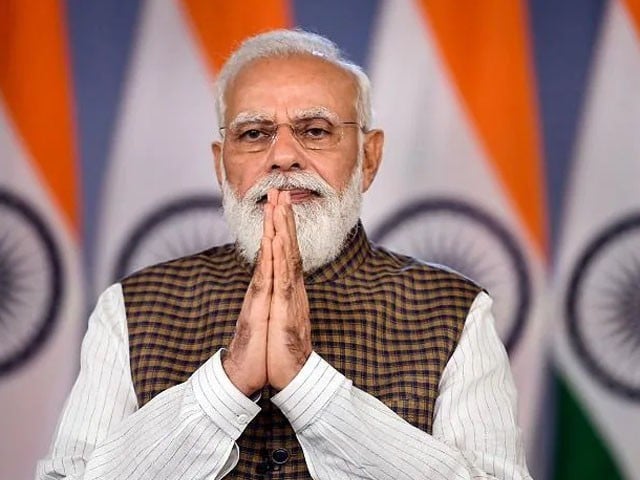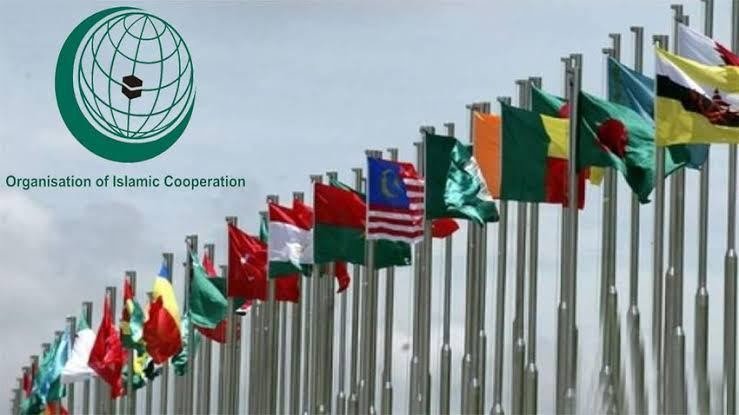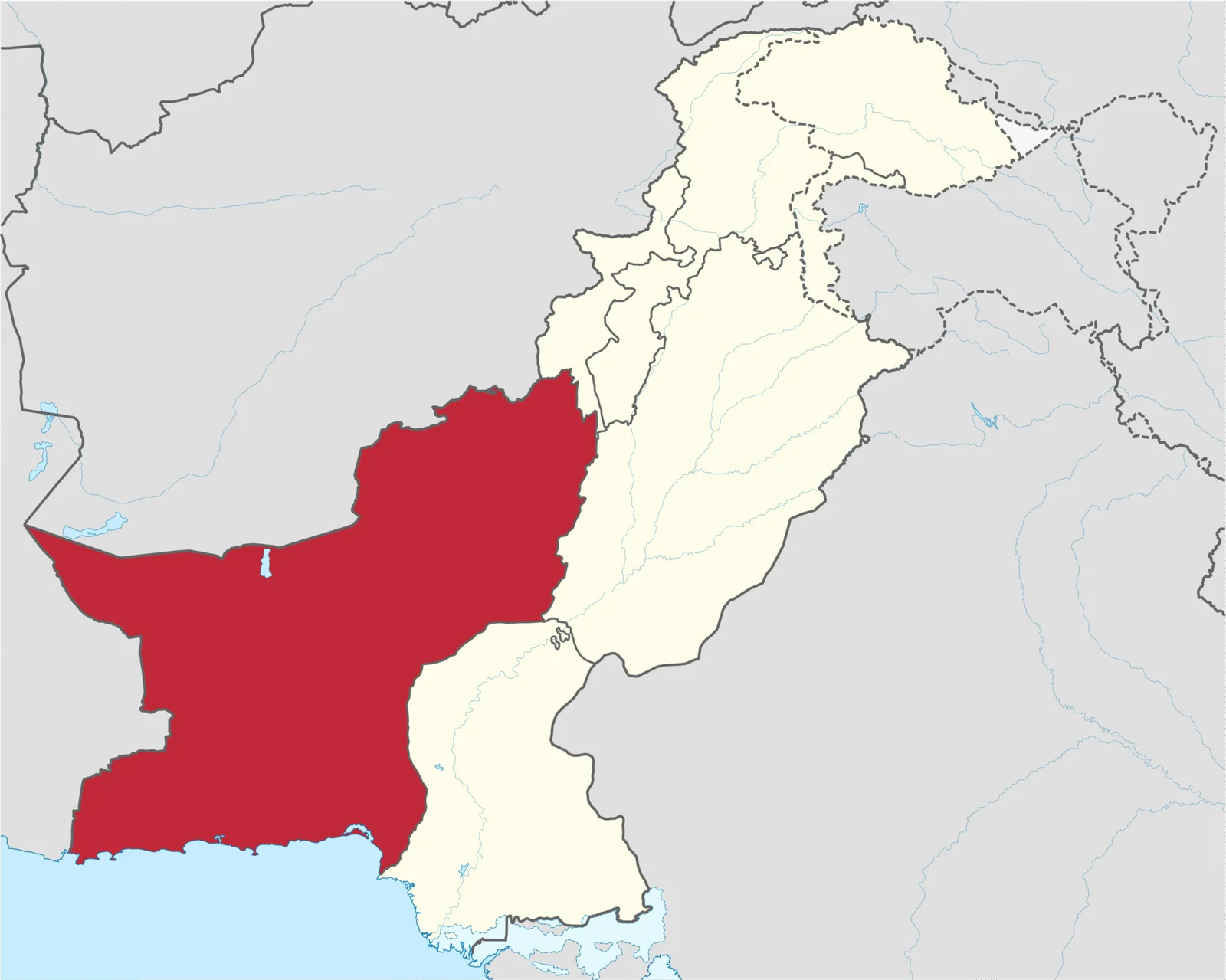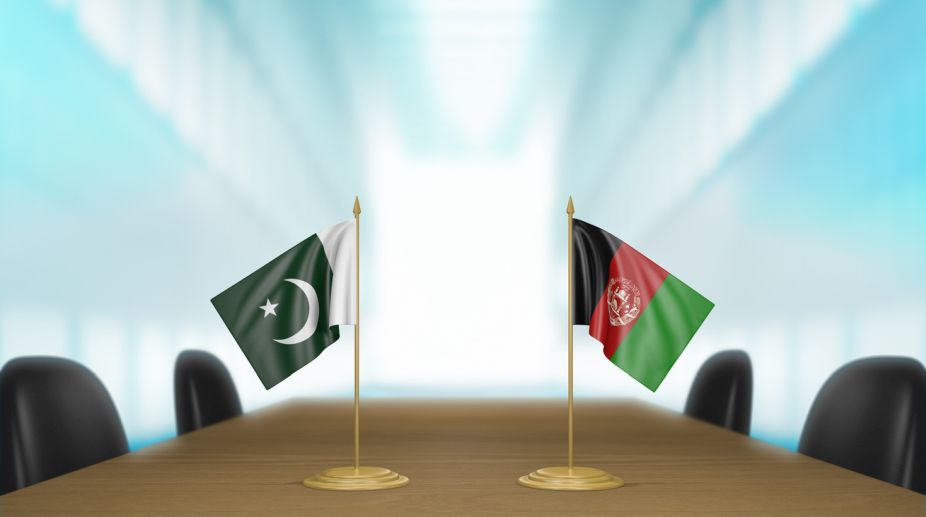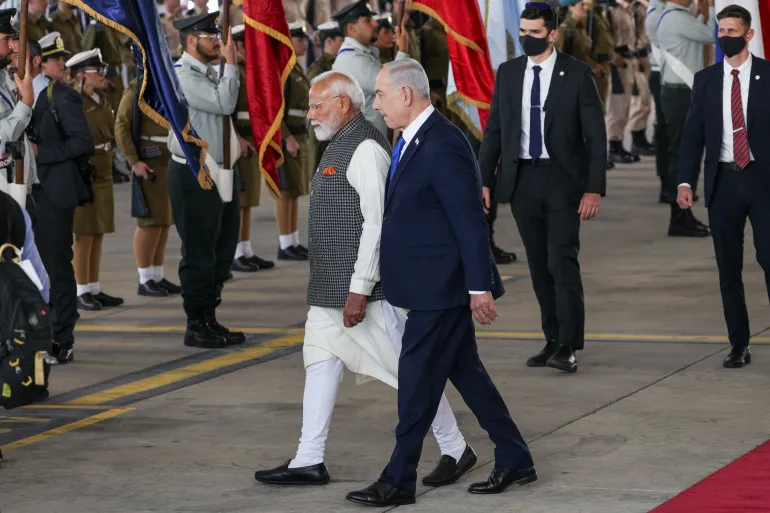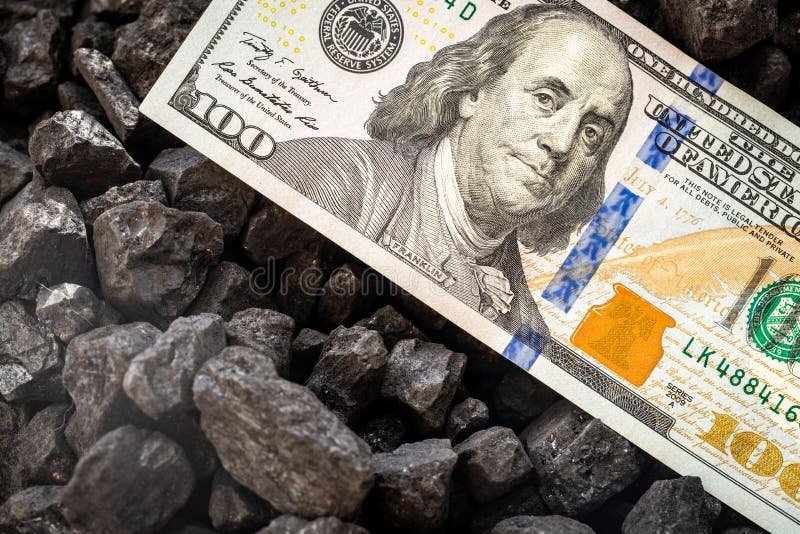Editorial
The question of whether there is any hope for democracy in South Asia has become increasingly relevant in light of recent events in the region. Just a week ago, the political landscape seemed markedly different. Indian Prime Minister Narendra Modi, who had previously appeared invincible, faced a notable setback. Despite securing a historic third term, his aura of invincibility has been diminished.
The spectacle of a national election in India is always notable due to the country’s size and the complex nature of its multi-phased polling process. The sheer scale of the electoral machinery that Modi had assembled, seemingly in defiance of democratic principles, had captured the world’s attention with a sense of apprehension.
The Indian election, a significant event in the context of South Asia’s democratic future, has garnered much attention. With a new regime taking over in India, led by Modi in a coalition government, the region is keenly observing its future actions and policies.
Amidst the political developments, a different kind of attention is currently directed toward India. The highly anticipated cricket match between Pakistan and India in the T20 World Cup has captivated the populations of both countries, a stark contrast to the serious political discourse surrounding the Indian election.
While cricket fervour continues to captivate the two nations, the ramifications of the Indian election are not limited to India alone. With elections being held in numerous countries globally, the state of democracy has become a pressing concern. The recent electoral outcomes in South Asia, particularly in India, will be closely analyzed to assess their implications for the future of democracy in the region and beyond.
Prime Minister Modi’s leadership and the implications of his cult of personality on democracy have been a topic of interest and concern. However, the recent election results, which saw significant wins for opposition parties, have also provided a glimmer of hope for democracy in India, a perspective that should not be overlooked.
Hence, the recent developments in South Asia, including the Indian election and the T20 World Cup, have not only stimulated discussions but also sparked hope for the region’s democratic future. While challenges persist, there are signs of optimism, particularly with the emergence of a more competitive political landscape and renewed hope for democratic revival in the region.



